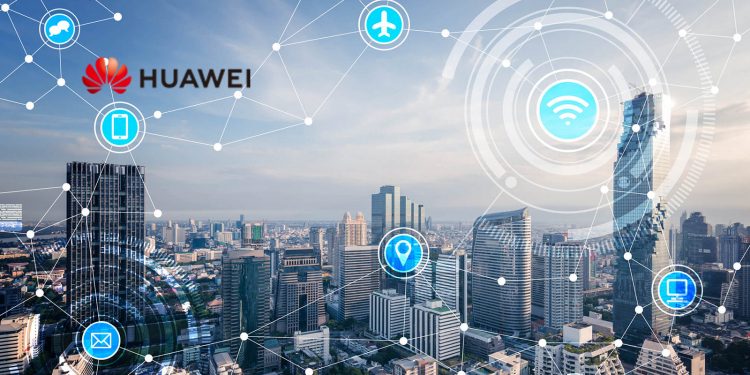Huawei is rolling out facial recognition cameras in Uganda to help fight crime. According to Reuters, the company is planning to install 3200 CCTVs in Uganda as part of its “Safe City” System.
2500 cameras already monitor Kampala’s metropolis. The cameras assist Uganda’s Police Force (UPF) to identify criminals as well as gather evidence on criminal activities.
The installation of such equipment will help provide more information on crime. Charles Twine, a spokesman for the police Criminal Intelligence and Investigations Department, believes that the project let investigators “know who has committed a crime, how did he commit it, and which route did he take…”
Suspected ulterior motive for the CCTVs
While Huawei and the UPF promise to use CCTVs to solve crimes, some Ugandans hint an ulterior motive. There are concerns that the was against crime is a mere facade behind this $ 126 million project.
Opposition leaders posit that the Ugandan government will use the equipment for political reasons such as profiling protesters. Some suppose that the government will use the cameras to spy on political parties. These allegations coincide with Huawei’s alleged spying activities in the US.
Besides, the timing fits the Wall Street Journal’s publication on how Huawei helped Uganda and Zambia spy on political opponents. According to the Wall Street Journal, Huawei staff intercepted communication and used cell data to help locate the countries’ political opponents.
While the truth about these allegations is still a puzzle, a few questions still infuse the air. Who will own the data, the government, Huawei or both parties? How will the state store the data for safety and privacy? Are CCTVs the answer to crime in a country where 4 out of 10 people are unemployed? Will CCTV evidence help to bring justice when the average time it takes to get a hearing in Uganda is 4 years?




